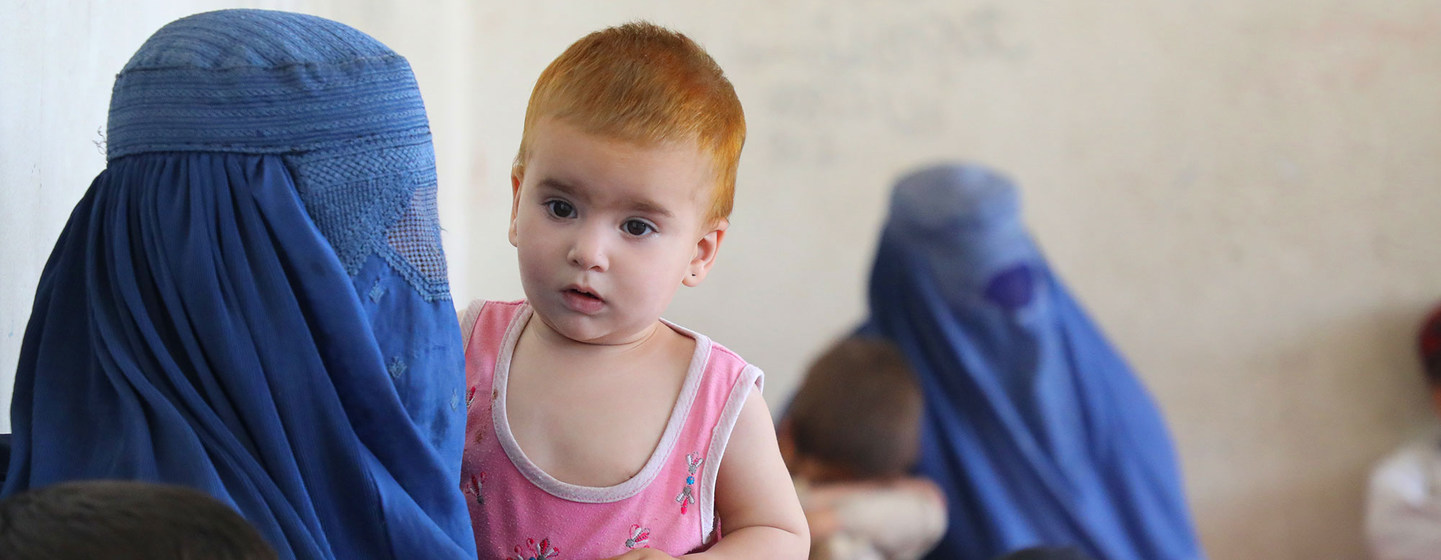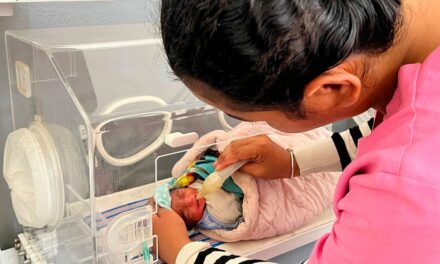A recent study has revealed a significant rise in chronic hypertension during pregnancy in the United States, with the number of individuals affected doubling between 2008 and 2021. Despite this alarming increase, treatment rates have remained relatively stable but low, according to the research published in the peer-reviewed journal Hypertension by the American Heart Association.
Chronic hypertension, defined as high blood pressure diagnosed before pregnancy or within the first 20 weeks, poses serious health risks. Preeclampsia, a condition that can develop after 20 weeks, can cause liver or kidney damage and significantly increase the risk of future heart failure and other cardiovascular issues.
The study, led by Stephanie Leonard from Stanford University’s School of Medicine, found that only about 60 percent of individuals with chronic hypertension during pregnancy received antihypertensive medications. “While the rate of hypertension in pregnancy has doubled, the use of medication for treatment remained stable at only 60 percent, which we believe is likely below what it should be if patients are treated according to clinical guidelines,” Leonard stated.
In 2017, the American Heart Association and the American College of Cardiology revised the diagnostic thresholds for high blood pressure, lowering the threshold for stage 1 hypertension from 140/90 mm Hg to 130/80 mm Hg and for stage 2 hypertension from 160/110 mm Hg to 140/90 mm Hg. Despite these updated guidelines, the study found no significant change in treatment rates.
“We had hoped to see some impact from the 2017 guideline, which reduced the blood pressure threshold for treatment of hypertension. We were surprised to not find any meaningful changes from before and after the guideline,” Leonard added.
The researchers emphasized the importance of addressing chronic hypertension and poor cardiovascular health before pregnancy to improve maternal health outcomes. This study underscores the critical need for better management and treatment of high blood pressure in pregnant individuals to mitigate the associated health risks.











